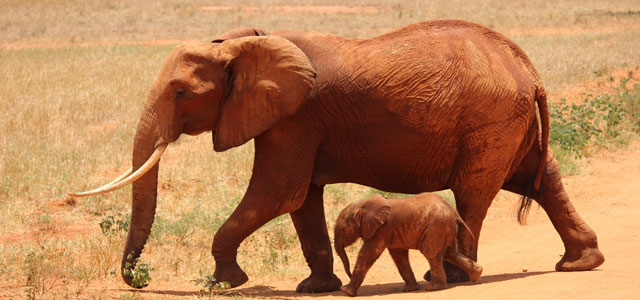As a developing nation that prides itself in its greenery, one would have anticipated to have a lot of such fields or areas that would connect humans to their natural environment, but it is not the case. Aboriginal activist, Bobby McLeod asserted that ‘’when the earth is sick and polluted human health is impossible… to heal ourselves we must heal our planet and to heal our planet we must heal ourselves’’.
This assertion places much emphasis on the relatedness of humans to nature and it wouldn’t have been said any better than this. A number of actions has over the years contributed to the destruction of Ghana’s natural reserves which will be highlighted below. In Ghana, nature seems to be drifting so far away from the average human experience and this development happens to be the result of the over exploitation of every resource available to us. Illegal mining of gold on land and in water is one widespread concern which has in recent times received a lot of media coverage and calls on both local and international organisations to get involved in the fight against this menace once and for all.
This menace as has been stated above has been responsible for the destruction of a large chunk of Ghana’s forests, lands and especially water bodies which has been under enormous attack by these illegal gold miners. Due to this menace, notable water bodies like the Pra, Offin, Oda, Birim and Densu have been rendered even untreatable as a result of the usage of dangerous chemicals like mercury in mining. It has been estimated that the rate of deforestation stands at 65,000 hectares per annum and Ghana’s total forest cover, which stood at 8.2 million hectares, representing 34% of the total land area, at the turn of the last century, had decreased to 1.6 million hectares and illegal mining activities has been implicated as a bigger contributor to this disaster. Another practise of much concern in Ghana is the winning of sand from everywhere, including farmlands. This happens to be a dangerous path which is rendering our lands very marginal, thus unfit for agricultural activities and also not permitting the outgrowth of some plant species and thereby reducing diversity.
With all of these happenings, I would like to recount my experience at the mole national park and propose ways that I believe people can be reconnected to nature by rediscovering the value of nature, on land and from the poles to the equator using my country Ghana as a case study. The mole national park, established in 1958 has an area of 4,840 square kilometres. It is Ghana’s largest wildlife refuge. The park is located in northwest Ghana on grassland savannah and riparian ecosystem at an elevation of 150m with sharp escarpment forming the southeast boundary of the park. My visit to his park connected me deeply to something that I felt I had been missing all my life.
There were stories shared of people opening their doors only to find out it was a knock from a baboon. With a less sense of danger, I went on a safari and came across elephants, crocodiles, baboons, wild pigs, various species of bonks, deer’s, monkeys, birds of different colours, shapes and sizes among others, not to talk of the widely diverse plant species that welcomed me in the forest. With such love and serenity from the environment, the question that kept flashing in my mind was ‘’what if I lived in this?’’.
The sense of connection to this place was so deep that, I couldn’t come to terms with my departure from the centre which came at a cost. As this year’s version of the world environment day has placed the limes light on getting outdoors and into nature to appreciate its beauty, my recommendation to the actors and stakeholders of Ghana’s environment is to lead the fore in reclaiming the 1000’s of hectares of lands that have been destroyed by illegal mining activities and developing them into large eco centres or national parks which will get people to rediscover the numerous lost environmental tracks while fetching gains to the nation financially through tourist activities.
To tackle the theme for WED 2017 holistically, I also recommend for the actors to also consider developing the wetlands scattered throughout the cities of Ghana, which when developed would help preserve the lives of some bird species which thrive under such environments, provide places of relaxation and also reduce the level of flooding caused by people encroaching and building in such places. I have a strong conviction that with such efforts we will not be out of place to say, WE ARE WITH NATURE.
By: Bornaventure Kwame Takpah, (AfEI)

